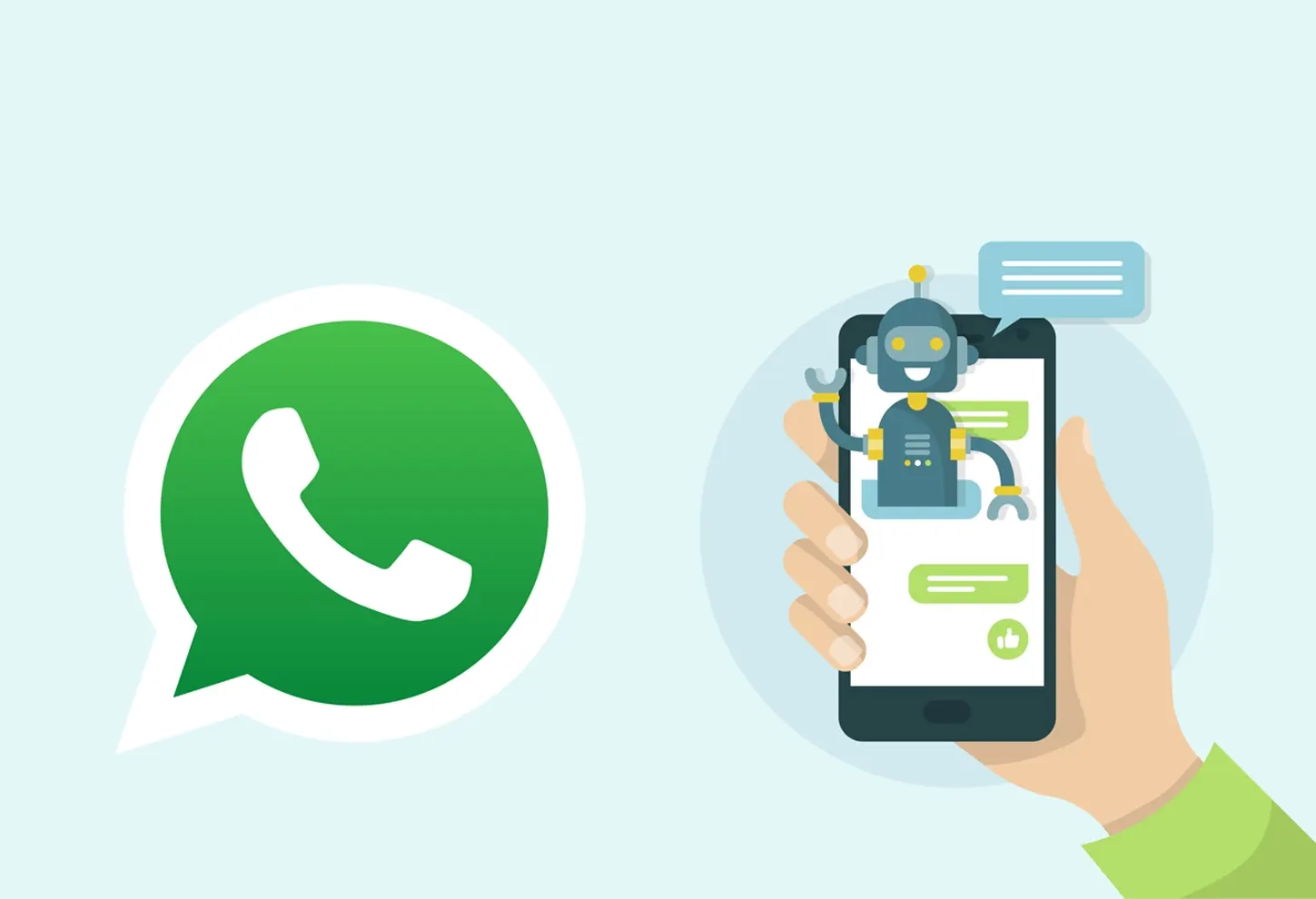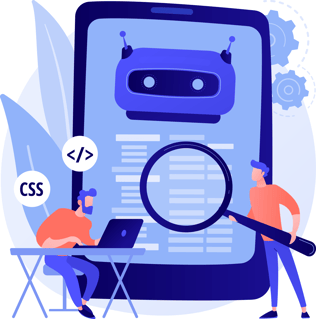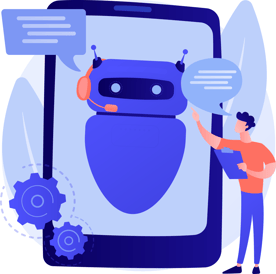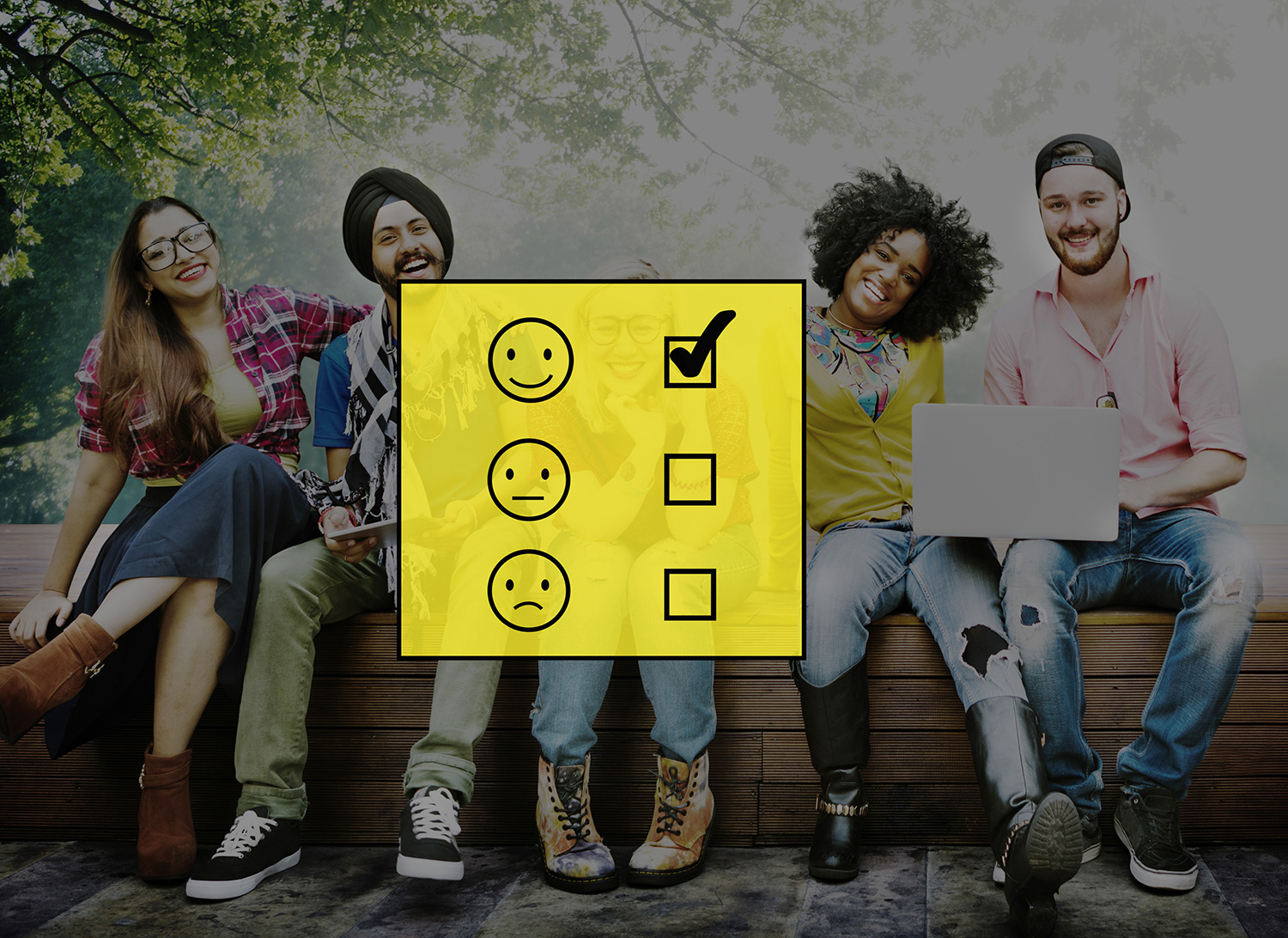WhatsApp Business API: Rule-Based & AI Chatbots
WhatsApp Business API: Rule-Based & AI Chatbots

One of WhatsApp Business API’s greatest strengths is in the degree of automation it offers. Outgoing messages can be sent through automated template messages, and responses to incoming messages can be automated through chatbots.
Chatbots help you provide faster customer service — a key factor in customer satisfaction. If your call center is busy, you can offer customers the option of switching to your messaging chatbot through IVR deflection. Many customers greatly prefer this option instead of being held in a queue for the next available human agent.
Rule-based and AI chatbots are available 24/7, supporting your human agents during busy times and sustaining customer engagement when they’re not available. You can design chatbots for multilingual support.
Before we examine chatbots in detail, let’s briefly look at how WhatsApp Business API integrates into your systems. The API will integrate into your back-end systems to register orders, purchases, appointments, and other events that might trigger an outgoing templated message. It also integrates into your customer relationship management (CRM) software, where incoming messages will be displayed and queued for attention by your human agents or your chatbot.
If a chatbot, AI or otherwise, picks up the message, its interaction with the customer will be displayed for your human agents who can take over the conversation at any point. It’s also important to give customers the option to interact with a human agent. While most people find interacting with chatbots convenient, some genuinely dislike the process and find that a chatbot has difficulty interpreting complex queries. Human handover is an important part of designing customer service chatbots, whether it be through a menu option or an intelligent fallback.
Types of Chatbots
Chatbots themselves come in two primary forms. Rule-based bots follow pre-designed conversation flows, allowing customers to navigate by clicking on buttons or answering questions. AI chatbots, sometimes called smartbots, use machine learning to develop naturalistic conversations. Both types of chatbots have strengths and weaknesses, which we will examine later. Unifonic’s WhatsApp Business API integration comes with a built-in rule-based chatbot.
Both types of chatbots record transcripts of every conversation, enabling you to track the context of conversations easily and to make transcripts available to customers on request.
They also allow for an analysis of chatbot engagement and performance, as well as collecting useful information such as user behavior, top countries, funnel analysis, and overall engagement rate. You can use these analytics to improve customer service with your AI chatbot and trigger more intelligent responses. The information also enables you to perform A/B tests on conversation flows to determine what works best for your target audience. You can track how deep into the funnel customers go, and track how many conversations convert into qualified leads, signups, resolved customer tickets, and so on. You can set the API to send notifications of every lead the bot generates through SMS and/or email, and link the bot to SMS campaigns to engage leads.
 Rules-based Chatbots
Rules-based Chatbots
In contrast to the intuitive customer service of AI chatbots, these chatbots follow a predesigned conversation flow built around decision trees. Users navigate through the conversation by clicking buttons or answering simple questions.
Rules-based bots often provide similar information to that available on your company website and FAQs. However, many customers prefer the immediacy of asking questions and getting answers to searching through your website themselves.
The major advantage of rule-based chatbots is that they are easy to build and understand, and quick to set up. They are easy for users to navigate and enable you to limit the scope of conversation to predefined topics. They enable you to direct queries and provide pre-prepared information to customers, such as catalogues or brochures. However, they do not allow customers to ask their own questions, and customers may lose interest if presented with too many menus or options before they can resolve their query.
Pros
- Easy to build
- Quick to set up
- Easy to navigate
- Eliminate risk of failing
Cons
- Users can’t ask their own questions
- Users lose interest if conversations are too long
 AI Chatbots
AI Chatbots
Smartbots use dynamic machine learning to simulate natural conversations. They are complex pieces of software and require training and regular optimization. Their primary advantage is that they allow customers to ask their own questions and converse more naturally. They can identify keywords in the questions posed and intuitively supply more relevant responses. This can lead to better interactions and, therefore, better customer engagement.
However it takes time for an AI chatbot to learn to recognize a wide variety of questions, and some people do not like interacting with them. If a conversation goes on too long, or the chatbot does not recognize customer queries and asks them to be repeated too often, the customer may become frustrated. For this reason AI bots should hand over to human agents if the conversation isn’t progressing quickly enough. Intelligent fallback is built into good AI chatbots, allowing them to recognize when they are not helping the customer and handing the conversation over to a human agent.
Pros
- Naturalistic conversations
- Allows customers to ask questions
Cons
- Take time to train
- Expensive
- Do not suit all customers
Deliver Outstanding Chatbot Customer Service With Unifonic
Delight your customers with unique experiences and improve satisfaction with our omnichannel communication solutions. Unifonic powers customer engagement for over 5,000 businesses worldwide for recipients in over 160 countries. Learn more about the advantages of our WhatsApp Business API and our custom chatbot builder. Talk to an expert to learn more about AI chatbot integration with our solutions or request a free demo today.
Related articles

27 September 2022
SMS Marketing Use Cases for Your Business
Read more



